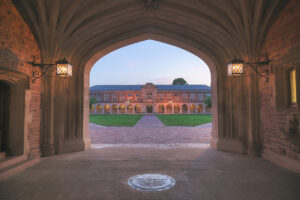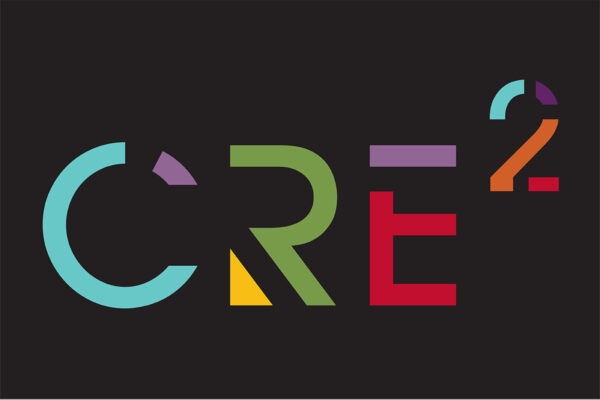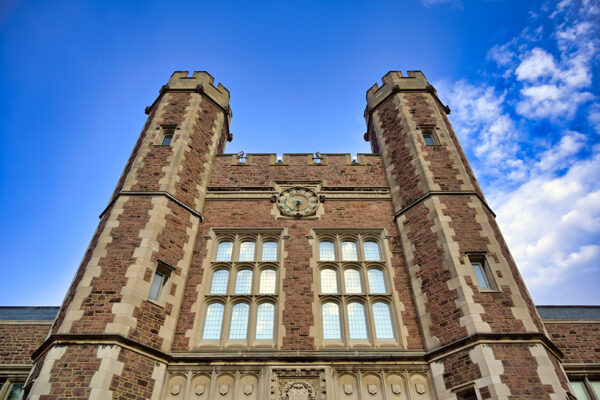Washington University in St. Louis’ new Equity and Inclusion Council (WUEIC) recently unveiled its structure and mission, along with an invitation to those interested in serving as members.

Part of Chancellor Andrew D. Martin’s action steps toward ensuring Washington University addresses racial equity and justice in the same manner as it approaches research or patient care, the council will consist of staff, faculty and students in a variety of roles and appointments across campus.
“We want this work to last,” said Nicole Hudson, assistant vice chancellor of the Academy for Diversity, Equity, and Inclusion. “We do not want to be reactive. We are trying to balance the urgency and opportunity for change with wanting something that can meet the institution where it is and drive it forward.”
While the council is new, the examination of — and commitment to — diversity and inclusion at Washington University is not. In 2015, after months of campus activism sparked by the death of Michael Brown Jr. in Ferguson, Mo., the Commission on Diversity and Inclusion was formed to create a universitywide plan to support and uphold diversity. Its report, which represented more than two years of work undertaken by more than 230 faculty members, staff and students, made hundreds of recommendations.
WUEIC’s main charges include facilitating the implementation of recommendations made in that 2017 report; providing a standing institutional home for that work; generating recommendations to further campus culture and climate; and reporting back to the university community on progress.
“It is important that we are taking this next step in our campus commitment to equity for all,” said Adrienne Davis, vice provost, the William M. Van Cleve Professor of Law and founding director of the Center for the Study of Race, Ethnicity & Equity. Davis was chair of the Commission on Diversity and Inclusion. “Not only will the council help uphold the recommendations made three years ago, it will also directly address systems and structures that keep us in the past and do not support our values.”
While WUEIC’s work is urgent given the current moment in our nation’s history, it’s designed to be sustainable and evolving. The council, and its four initial working groups, will meet several times throughout the fall semester to assess the university’s current diversity and inclusion landscape, and it plans to deliver an initial report to Martin, the Board of Trustees and the university community in December. The Academy for Diversity, Equity, and Inclusion will administer the new council.
“We have different challenges depending on where we are at the university,” Hudson said. “Having a place where we can grapple with that, and move from demand and response to collective innovation, is our goal.”
Those interested in learning more about the council, joining it, or nominating a colleague for it, should visit the university’s diversity website.


